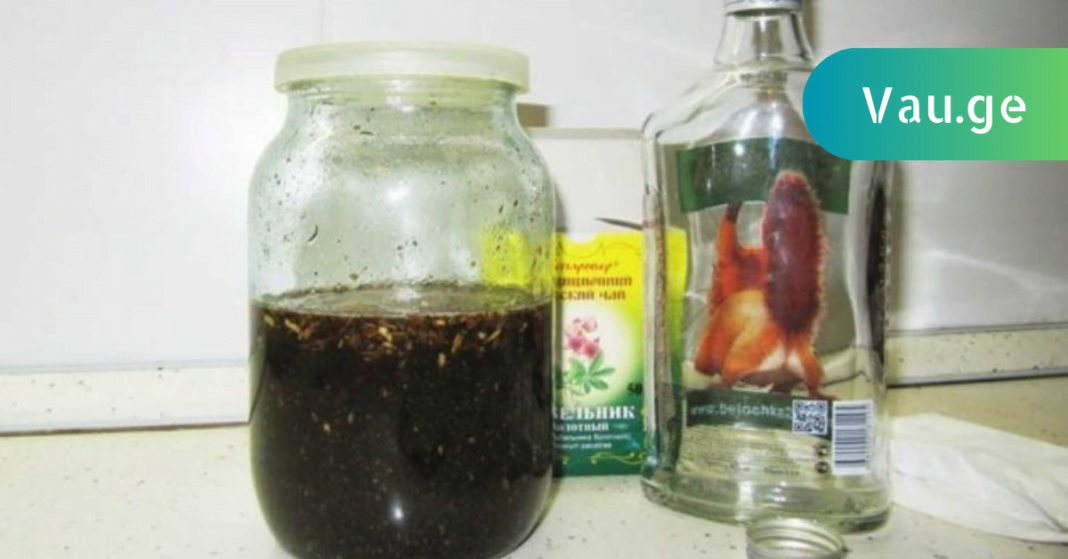Multiple sclerosis (MS) is a chronic, progressive neurological disease characterized by the development of demyelinating lesions in the brain and spinal cord. At the core of this condition lies an autoimmune inflammatory process, in which the body mistakenly identifies the protective myelin sheath covering nerve fibers as a foreign element and begins to destroy it. This leads to impaired communication between the brain and the rest of the body.
The symptoms of MS can vary depending on the severity and location of the demyelinating lesions. However, common signs include:
- Vision problems, such as optic neuritis, which may also cause eye pain,
- Dizziness and loss of coordination,
- Hemiparesis (partial paralysis or weakness on one side of the body),
- Tetraparesis (weakness or paralysis in all four limbs),
- Psychological issues such as paranoia and hallucinations,
- Cognitive dysfunction and impaired logical thinking,
- Decreased libido,
- Urinary and bowel dysfunction.
Although the exact cause of MS remains unknown, researchers suspect that certain viral infections—such as measles, chickenpox, herpes, and mycoplasma—may trigger an exaggerated immune response in genetically susceptible individuals, especially under stress. This abnormal immune activity leads to the formation of antibodies that attack the body’s own myelin sheath, resulting in progressive nerve damage.
Furthermore, numerous studies have shown a strong correlation between vitamin D deficiency and the prevalence of MS. Individuals with lower levels of sun-induced vitamin D are found to be at a higher risk of developing this disease. Thus, maintaining optimal vitamin D levels is believed to play a preventive role.
In the case of my mother-in-law, her consistent use of a specific herbal tea blend, rich in neuroprotective and immune-regulating compounds, has shown remarkable results. She has remained symptom-free for years, despite having previously shown early signs of MS. Her experience strongly supports the potential preventive power of nature-based therapies.
This herbal tea is crafted from high-quality plants that are carefully combined in precise dosages to maximize their healing effects. Each ingredient contributes unique properties that support the nervous system and the body’s natural detoxification and immune responses.
Here are the key components of this therapeutic herbal blend:
- Birch leaves
- Nettle
- Valerian root
- Culmukhi (Inula) root
- Yarrow
- Crane’s-bill (Geranium)
- Willow leaf
- Corn silk
- Camphor
- Linden flowers
- Raspberry leaf
- Melissa (Lemon balm)
- Peppermint
These plants contain a rich array of natural compounds such as flavonoids, alkaloids, antioxidants, vitamins, and minerals. Together, they support nerve regeneration, improve circulation, reduce inflammation, and protect cells from oxidative damage. The synergy of these ingredients is essential for restoring and nourishing nervous tissue.
When properly combined, the herbs in this mixture have the following benefits:
- They help restore the structure of damaged nerve cells,
- Purify the body by eliminating toxins,
- Possess strong antiviral and anti-inflammatory properties,
- Alleviate pain and improve overall well-being.
Instructions for Preparation and Use:
To prepare the infusion, add 2 tablespoons of the herbal blend into a thermos, pour 0.8 liters (approximately 27 oz) of boiling water over it, and let it steep for 24 hours. During this period, shake the thermos occasionally to ensure even extraction.
Once ready, strain the mixture and divide the resulting infusion into portions to be consumed throughout the day, over two days. Drink in small sips as frequently as possible. The more regularly it is taken, the better the results.


















